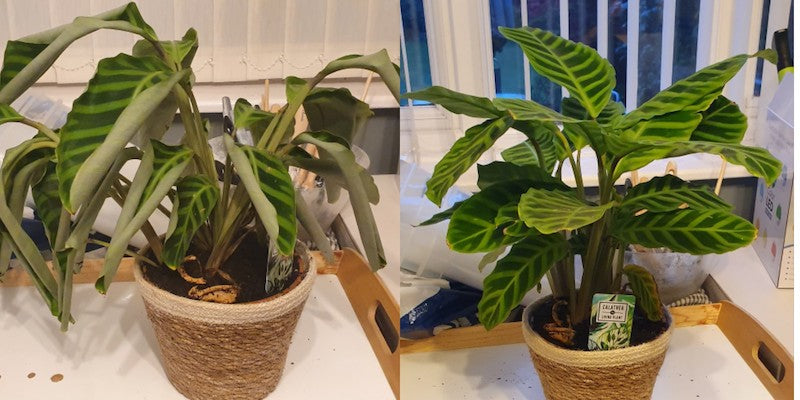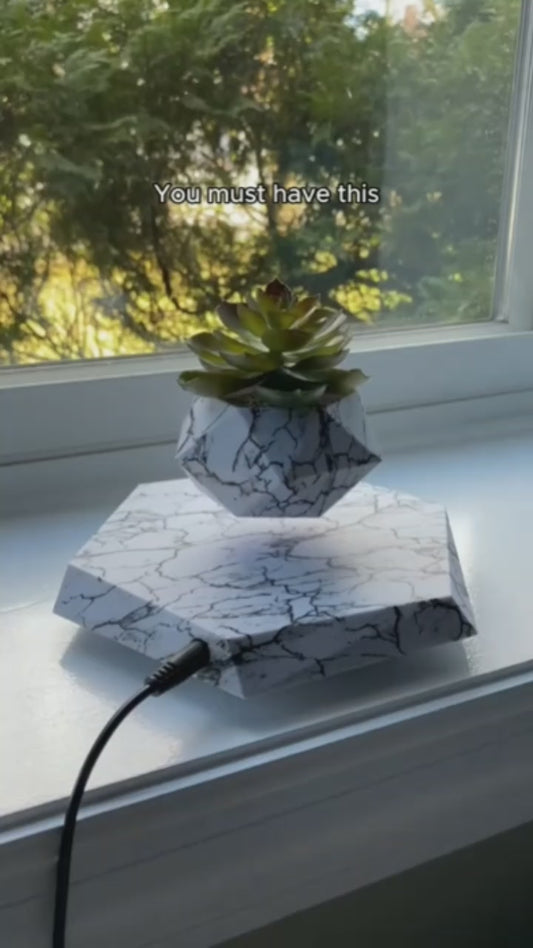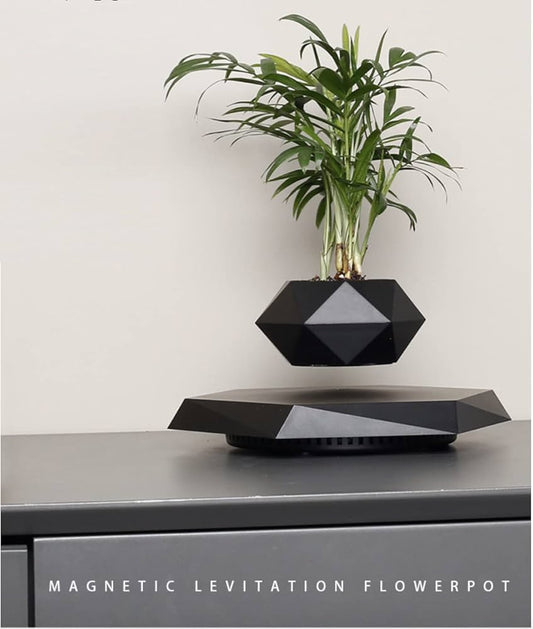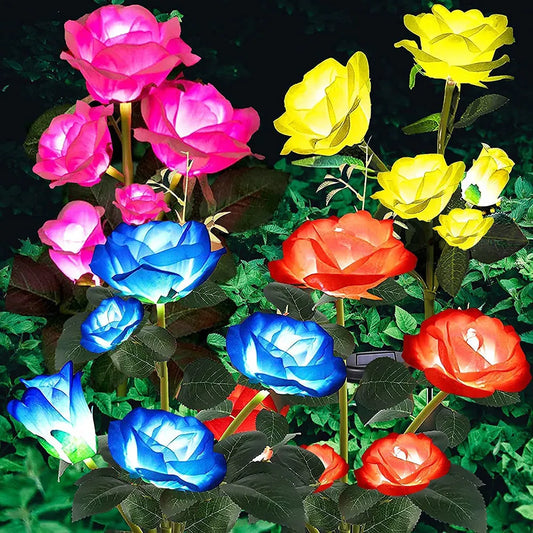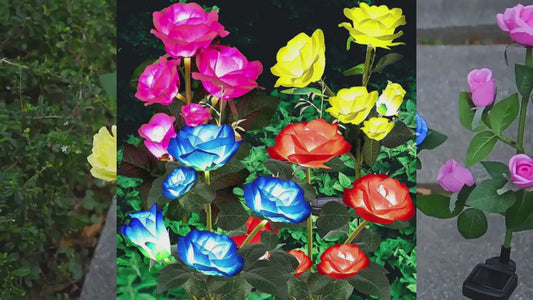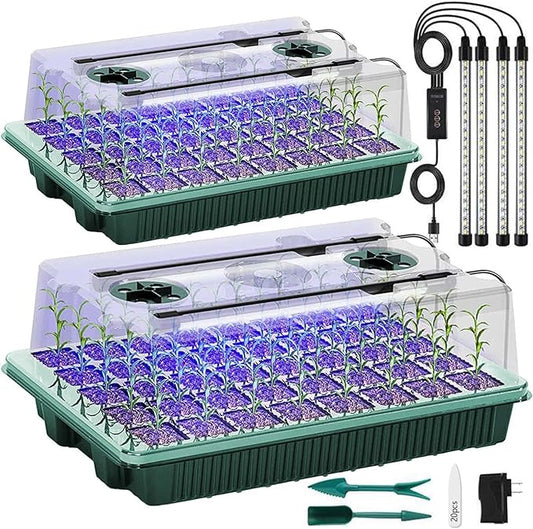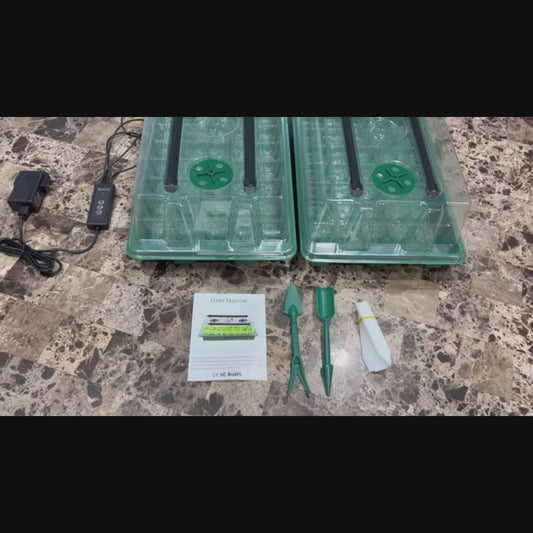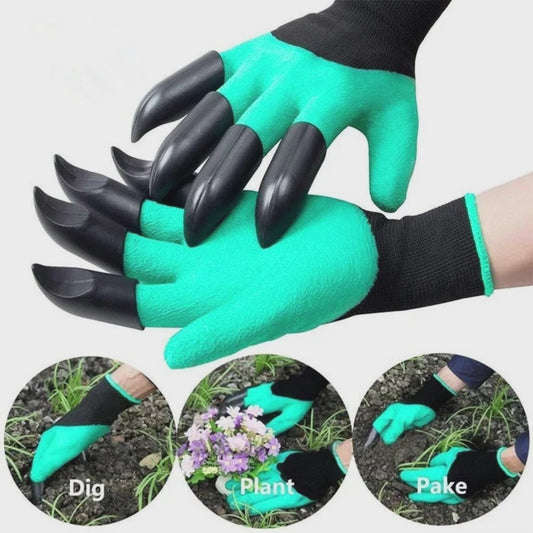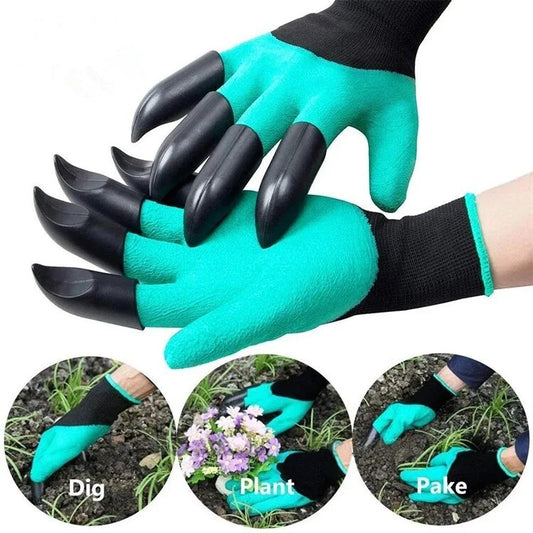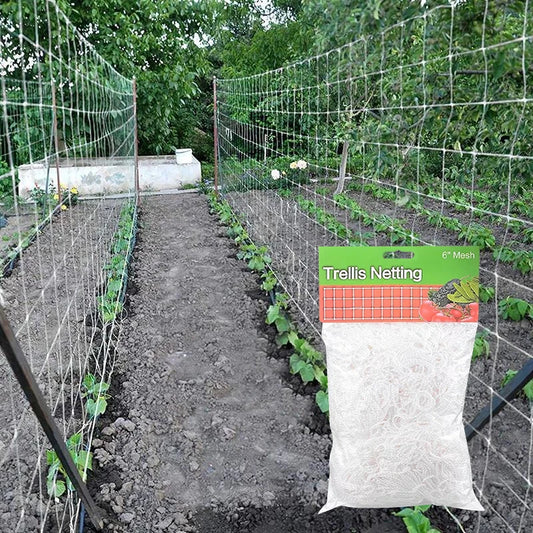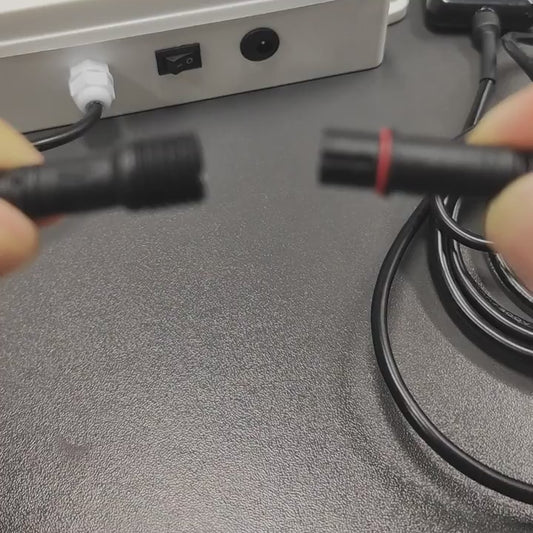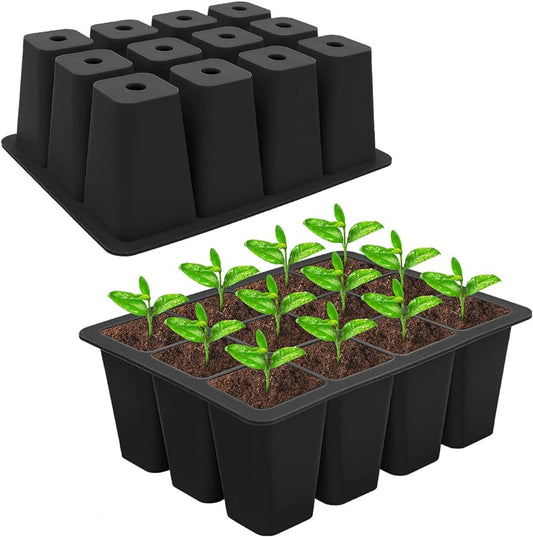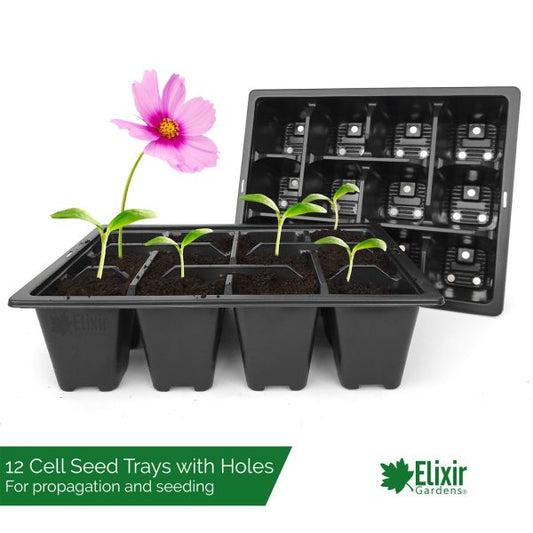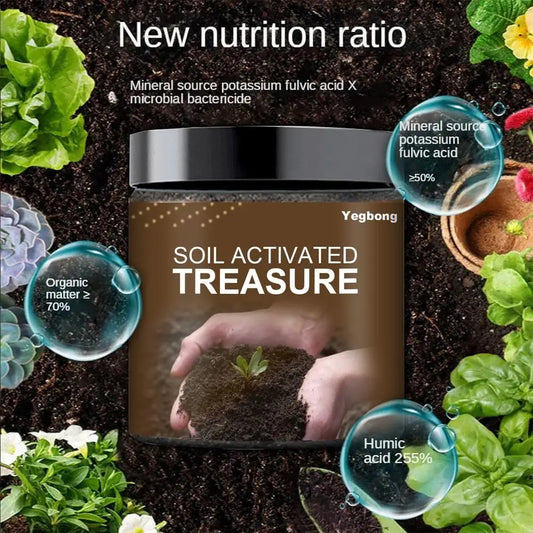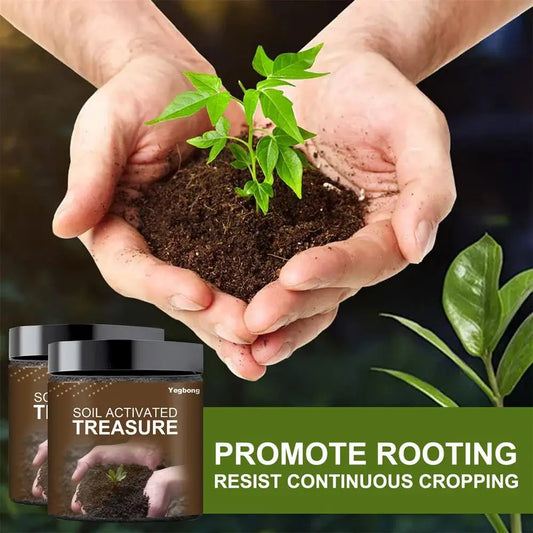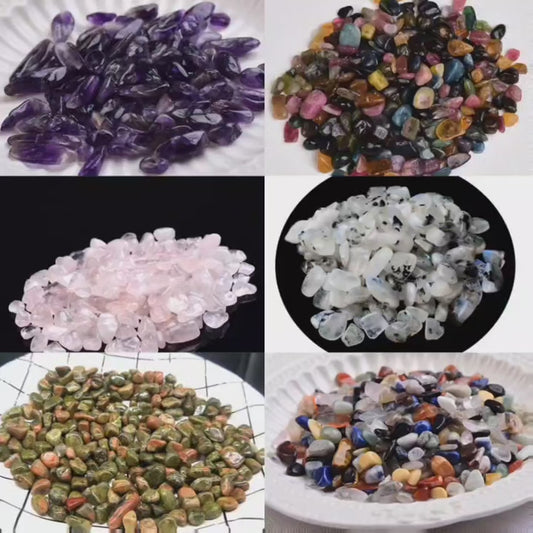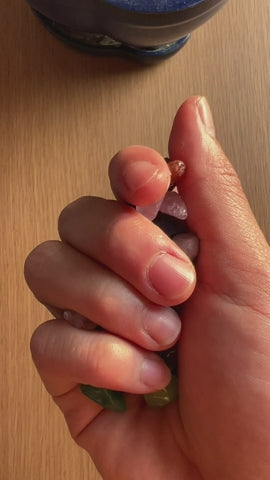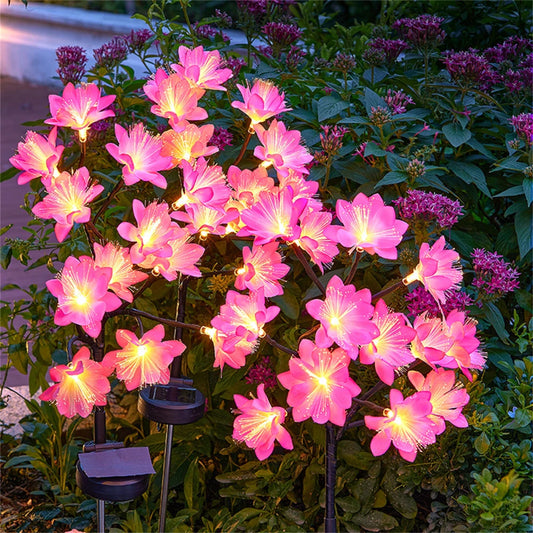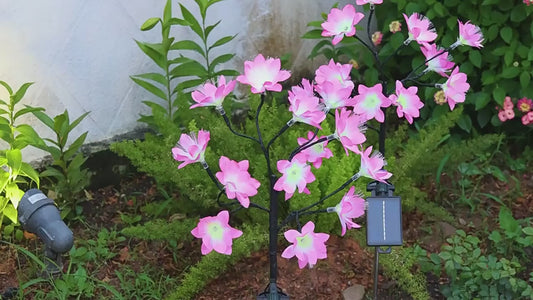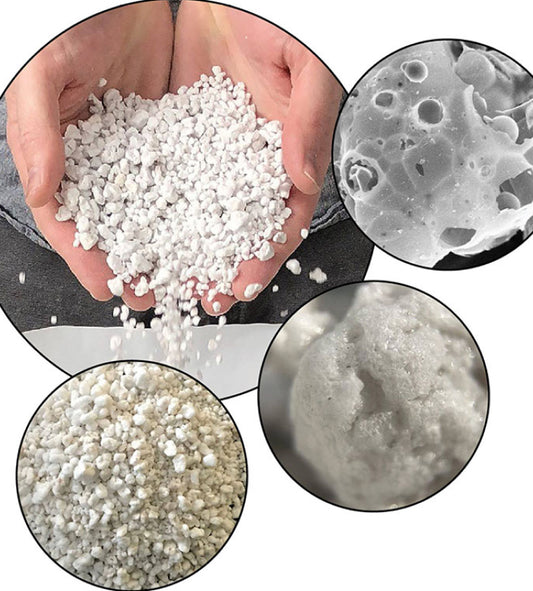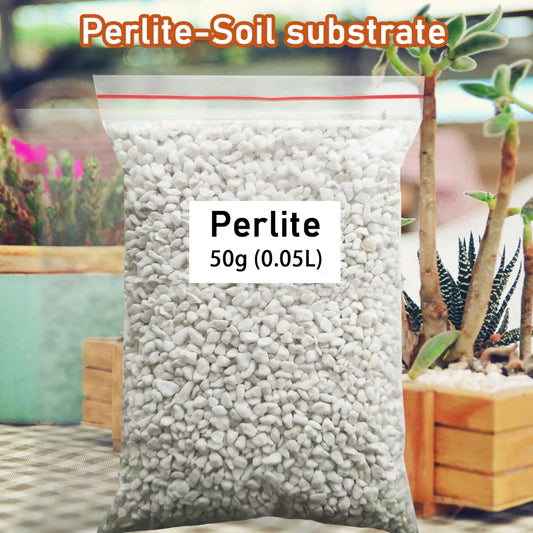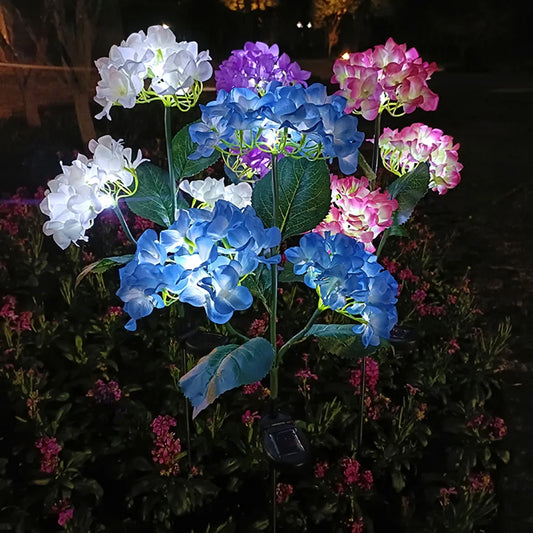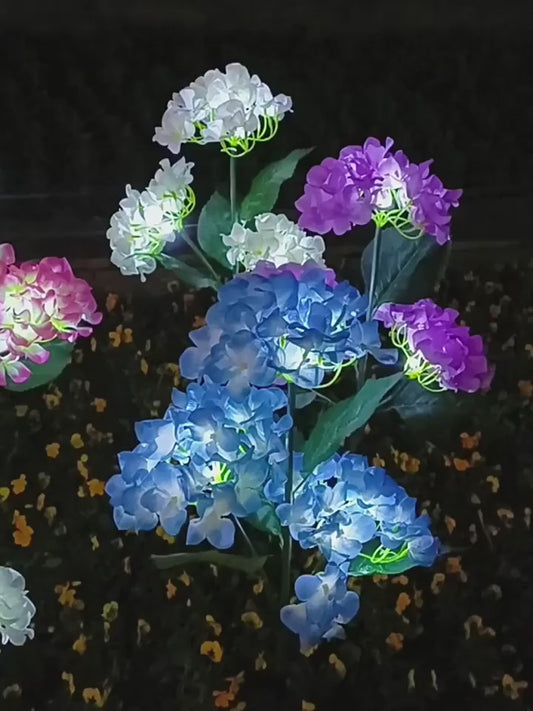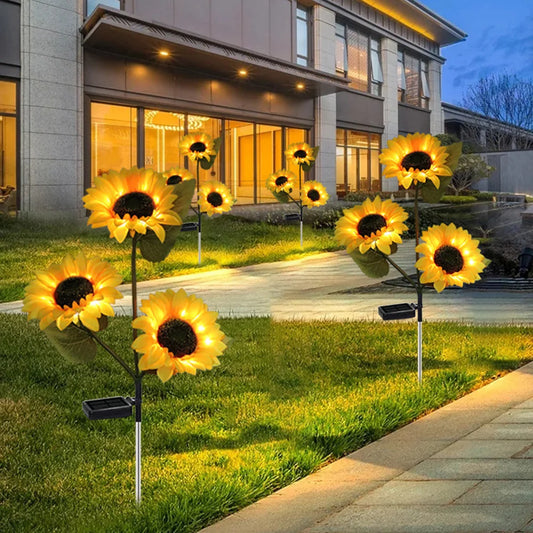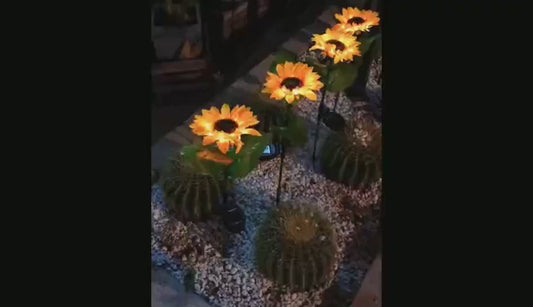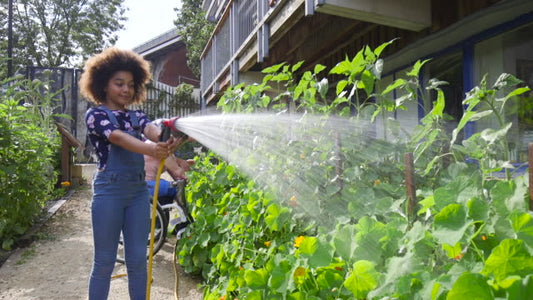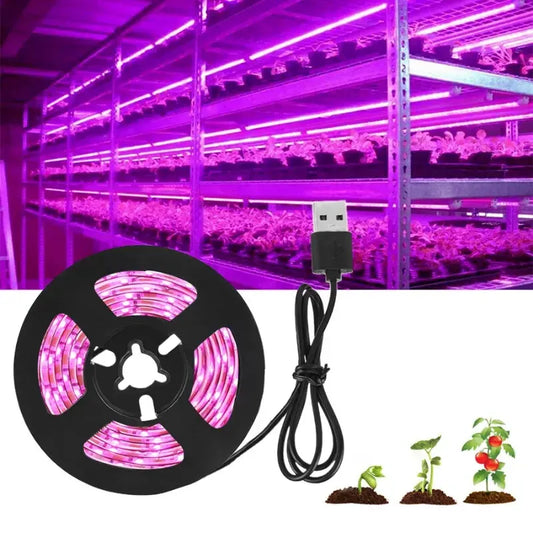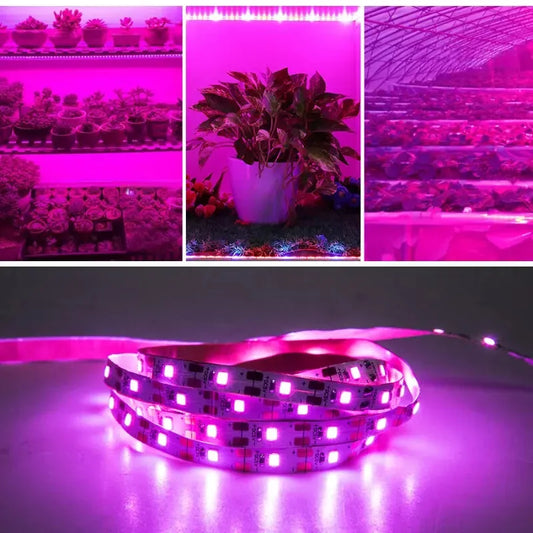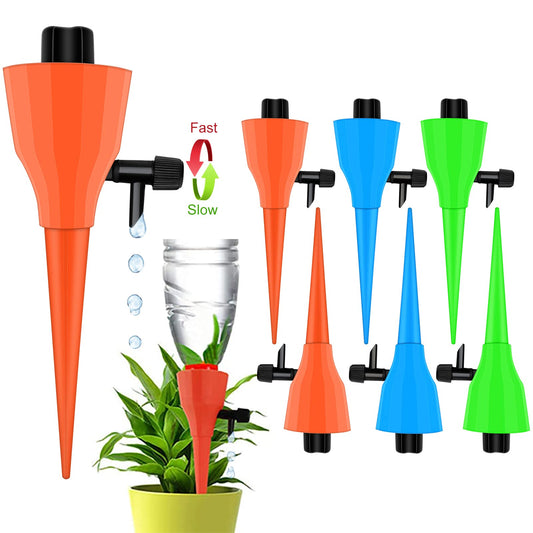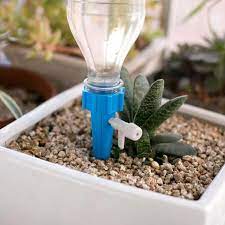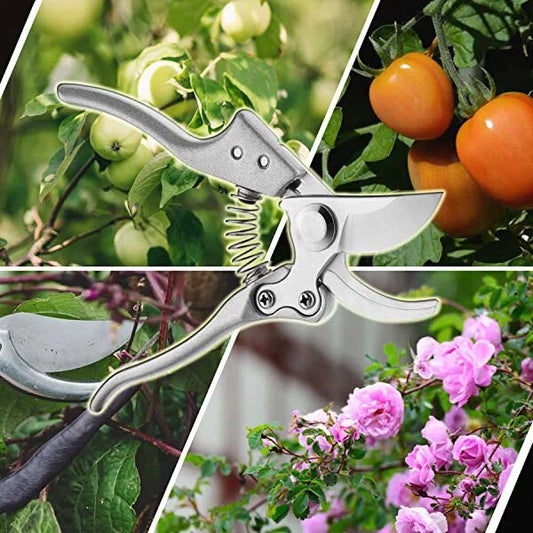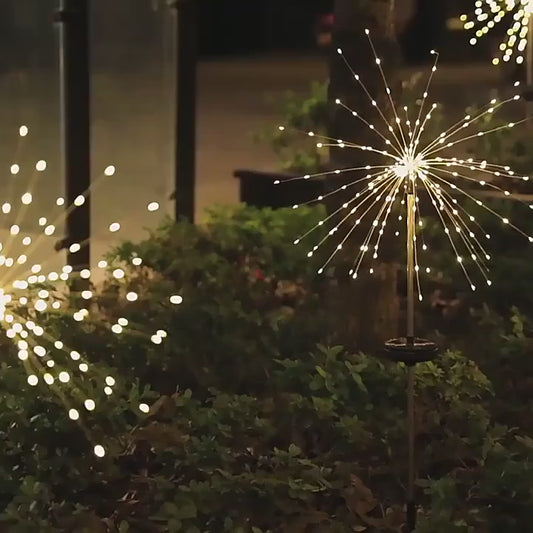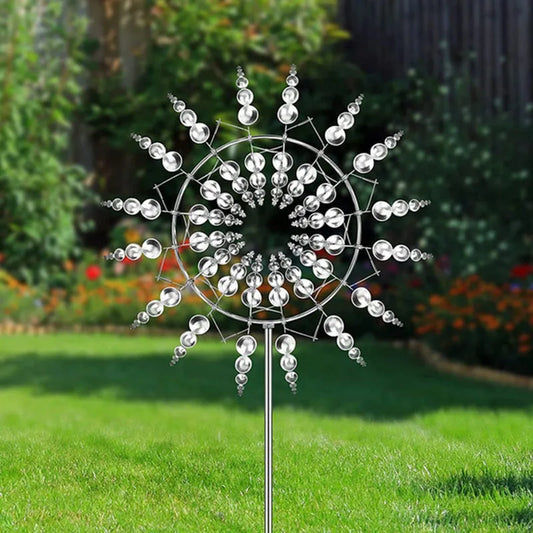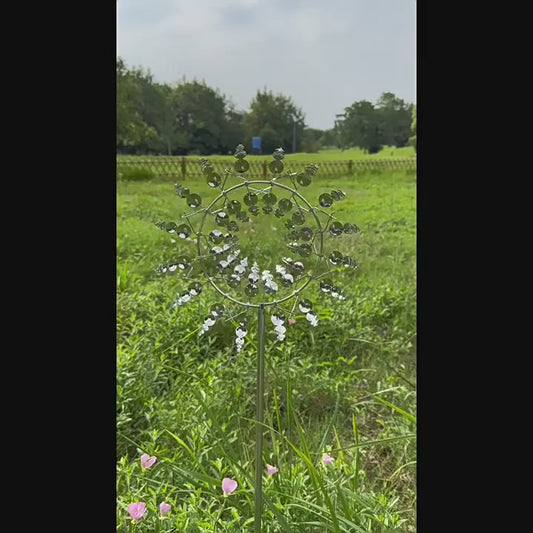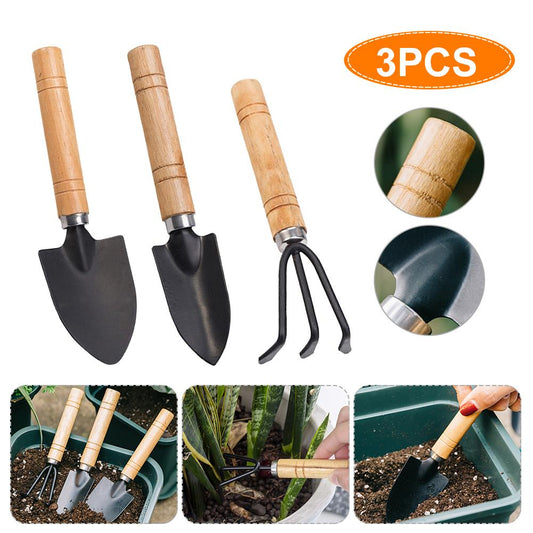Common problems your plants often encounter and how to address them:
-
Excess water: You always worry that your plants are lacking water and end up overwatering them. The more you water, the weaker the plants become, and you're perplexed because you've been taking good care of them.
Actually, plants don't need as much water as you think. Even when the soil is slightly dry, plants can thrive well. Leafy vegetables may require more water and rarely show signs of excess water, but plants with tubers or ornamental plants need much less water.
Signs of overwatering: Drooping leaves, yellowing leaves, wilting but still moist, and rotting stems.
Remedy: Find ways to drain excess water from the plants and refrain from watering until the young leaves return to normal. If you notice signs of rotting, you might have to cut the stem. Hopefully, it will sprout new shoots, but often, you'll have to discard and replace the plant.
-
Lack of sunlight: This is also a common issue. Symptoms include elongated stems, small leaves, plants leaning towards light, pale leaves, appearing spindly and weak. Simply moving the plants to a location with at least 5-7 hours of sunlight per day might help. However, for seedlings lacking sunlight during the stage of sprouting to the first true leaf, the best solution is to sow a new batch of seeds.

-
Excessive organic matter: Many believe adding lots of organic matter like coconut coir, wood chips, or tree bark will aerate the soil, but it's not the case. These materials, when added excessively, decompose, creating fungi and a lot of CO2 gas, which can intoxicate plant roots, known as "organic intoxication."

Of course, we need to continuously supplement organic matter to the soil, but this is a long-term process, spanning months or even years. You can't rush nine pregnant women to deliver babies within a month!
-
Nutrient deficiency: You can refer to articles to determine if your plants lack nutrients. For urgent cases, don't hesitate to use chemical fertilizers to save the plants.
-
Water deficiency: Though it resembles symptoms of excess water, signs of water deficiency include leaf margins drying out, small leaves, premature flowering, wilting, premature leaf drop, and sometimes purple discoloration at the base for short-day plants. Leafy greens may become bitter and produce excessive sap.

-
Heat and humidity shock: In some summer weather conditions, high temperatures can shock plants due to heat and humidity from direct sunlight. Plants wilt during midday and recover in the evening. If not properly shaded, plants become weak and struggle to grow normally.

-
Clayey or compacted soil: This is also a common cause. Plants grow poorly, with small leaves, stunted growth, appearing stiff and lacking vitality. You should mix in sand, perlite, or organic matter to loosen and soften the soil.

-
Fungal diseases: There are many symptoms of fungal diseases on our plants. If your plant shows different symptoms from all those mentioned above, it might be suffering from a fungal disease. Send me pictures of your plants, and we'll figure out the cause together!

